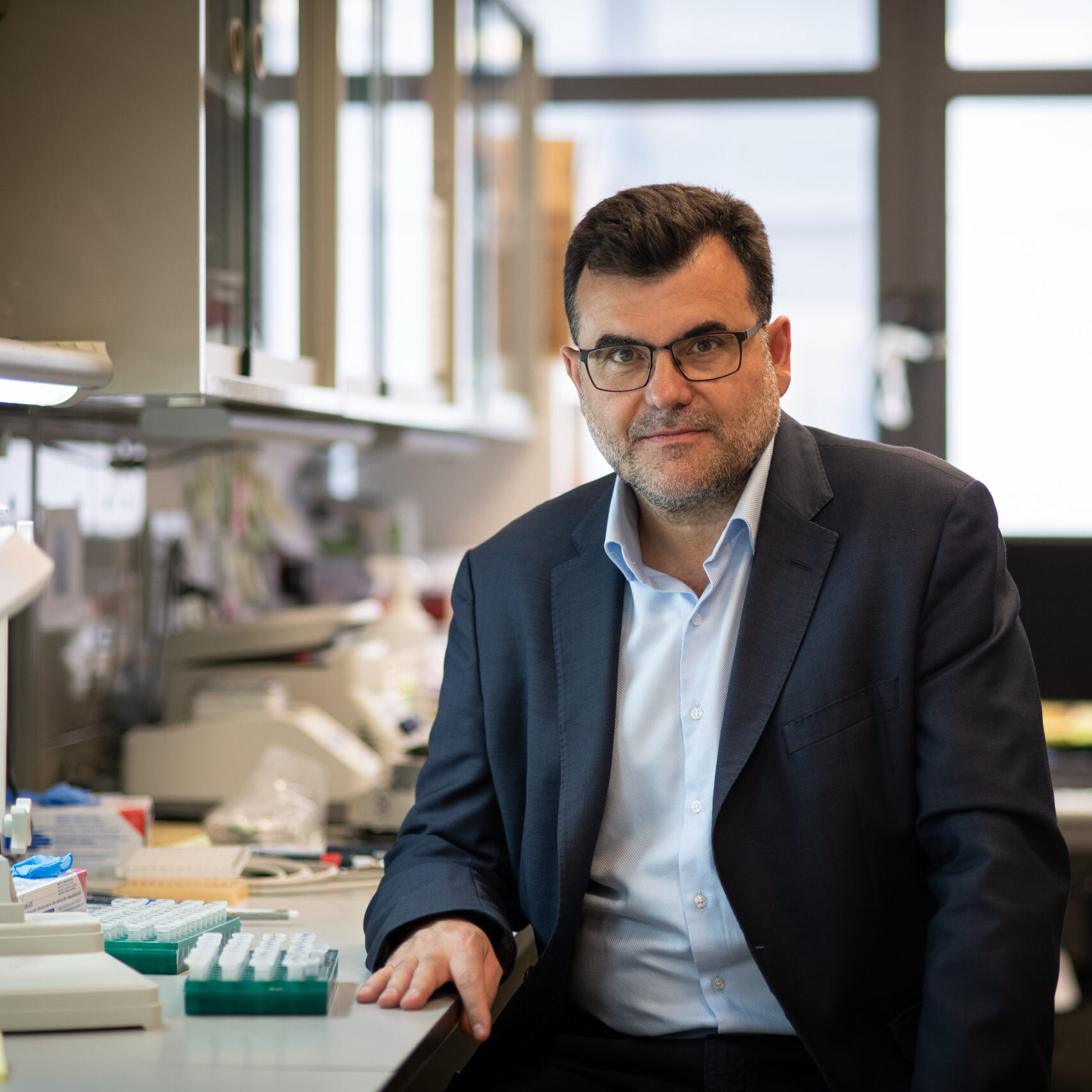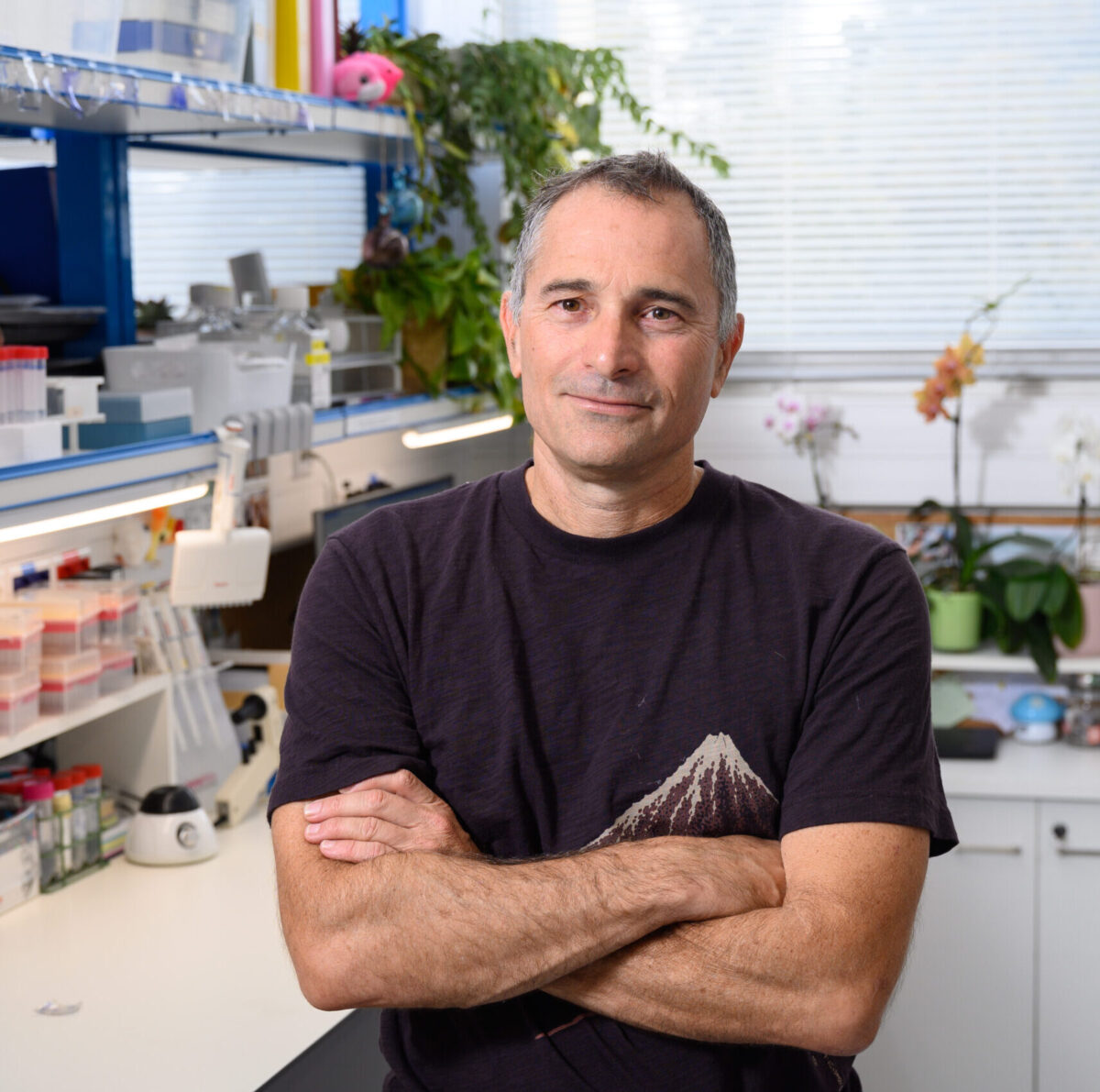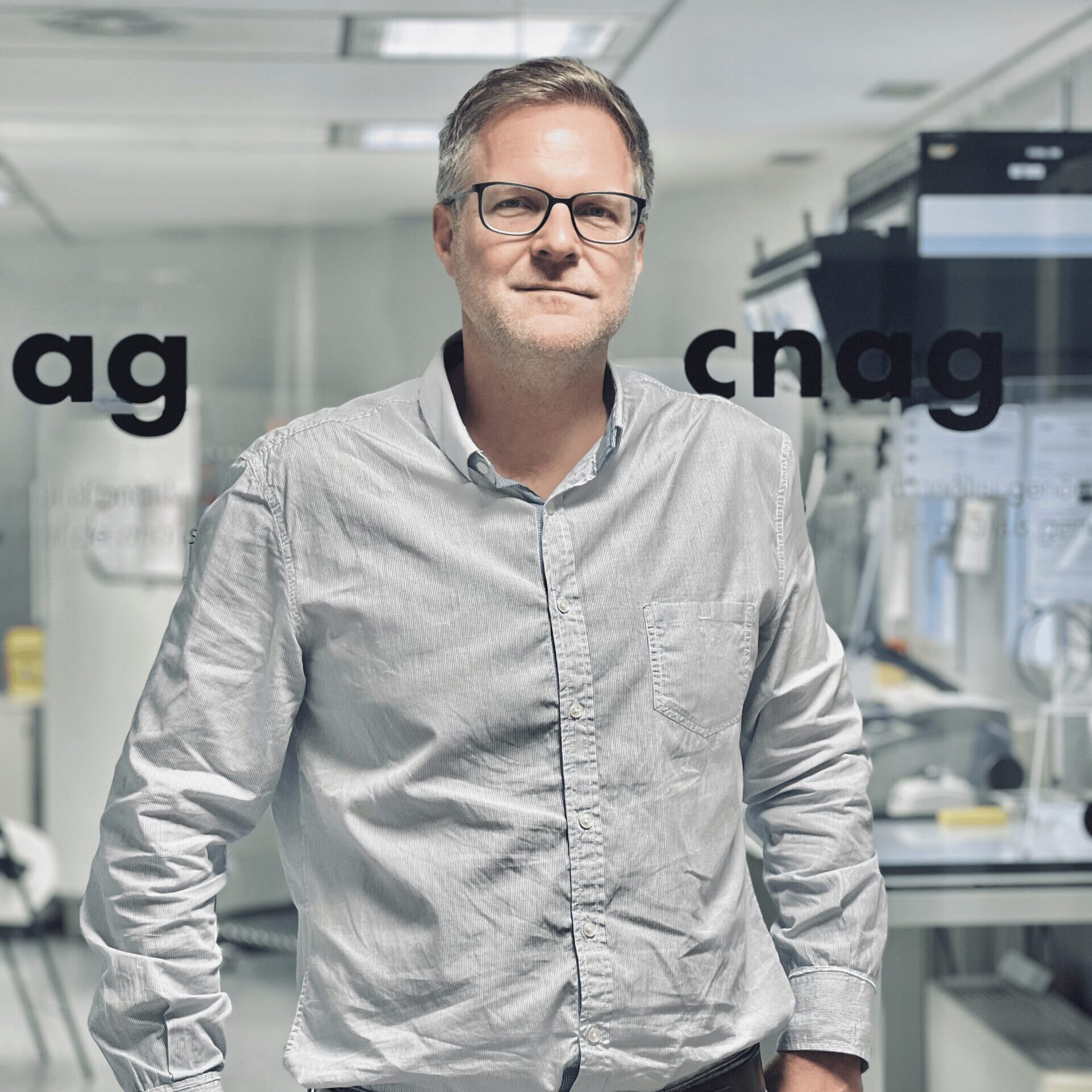Despite advances in colorectal cancer (CRC) treatment, metastatic cases continue to have poor survival outcomes, and immunotherapies remain largely ineffective, particularly for microsatellite stable tumors. Studies in mouse models have revealed that TGF-β signaling within the tumor microenvironment (TME) drives immune evasion by excluding T cells and polarizing macrophages toward suppressive states. While combination therapy targeting TGF-β and PD-L1 can eradicate most early metastases, additional unknown mechanisms emerge as metastases progress, rendering these therapies ineffective in advanced disease. There is thus a critical need to understand how the immune environment in metastatic CRC evolves over time from an immunotherapy-sensitive to an immunotherapy-resistant state.
To address these knowledge gaps, the Batlle, Amit, and Heyn labs will employ cutting-edge single-cell genomics and in vivo recording technologies to map dynamic immune cell state transitions during metastatic progression in advanced mouse models of colon cancer. This collaborative effort will examine time-resolved T cell infiltration, analyze responses to combined TGF-β and immune checkpoint blockade, and characterize innate immune cell recruitment. These studies will be complemented by longitudinal monitoring of T cell receptor repertoires in circulating and tumor-resident T cells from CRC patients using deep sequencing. By elucidating how T cells and other immune cells interact and change over time within metastases, the project aims to identify critical therapeutic windows and molecular targets for effective immunotherapy, ultimately informing strategies to harness the immune system to eradicate advanced metastatic CRC.






